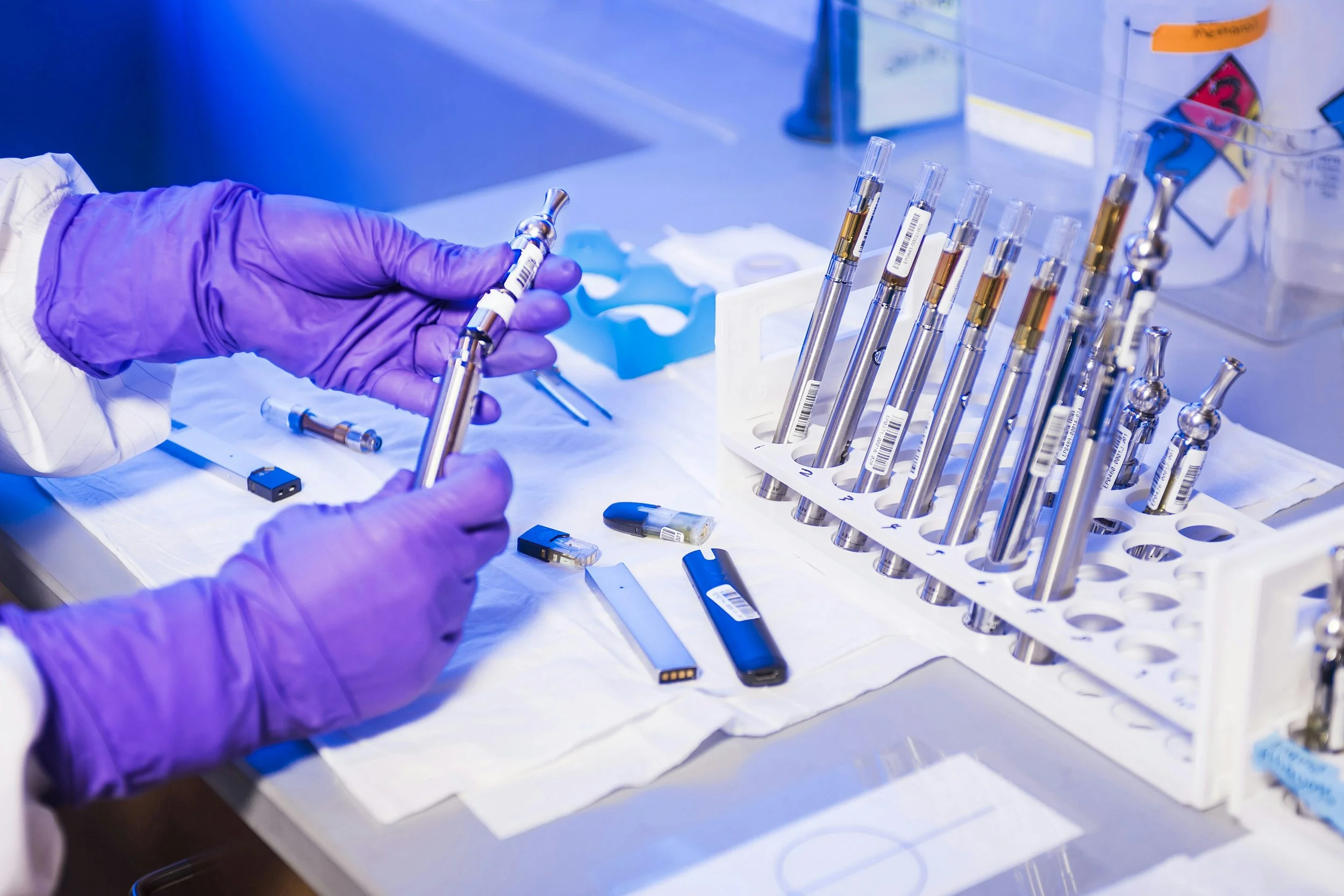
Research
We're working toward treatments and therapies for 5p- syndrome through strategic research investments and partnerships with leading scientists. Every study we support brings us closer to understanding how to help our children live fuller, healthier lives, and research participation from families like yours is essential to making progress happen.
Looking for ways your family can participate?
Visit our For Families section to learn about research studies that need family participation, including registries and natural history studies that are building the foundation for future treatments.
-

Research Grants
The Cri du Chat Research Foundation provides research grants up to $130,000 to laboratories and clinicians worldwide studying 5p- syndrome, with current priority given to clinical trial readiness projects. We offer seed grants, trainee grants, investigator awards, and clinical network support to accelerate the development of safe and effective treatments for patients and families.
-

Our Scientific Advisory Board
Our research priorities are guided by a distinguished Scientific Advisory Board of leading doctors and researchers who are committed to advancing Cri du Chat syndrome research. These experts bring decades of combined experience and are dedicated to the shared mission of developing effective treatments for our patients.
-

Studies
Participate in groundbreaking 5p- syndrome research by joining natural history studies that collect medical records, survey data, and genetic information to accelerate treatment development.
Through partnerships with Citizen Health, Simons Searchlight, and Matrix, you can contribute valuable data to researchers while maintaining privacy and potentially receiving compensation when your anonymized data helps develop new therapies.

